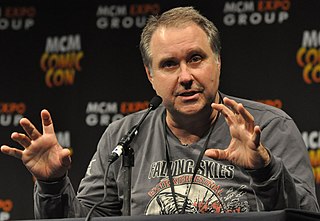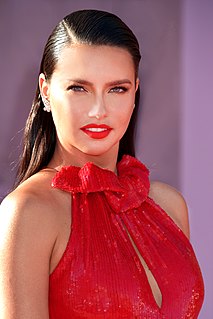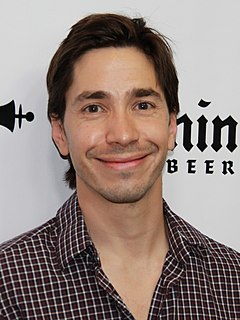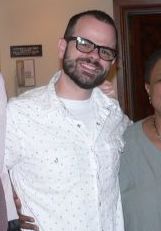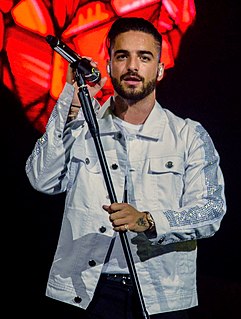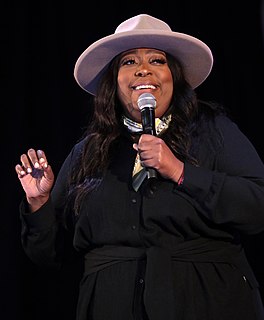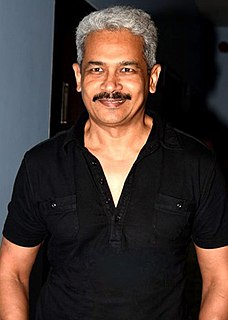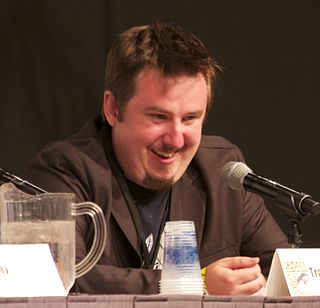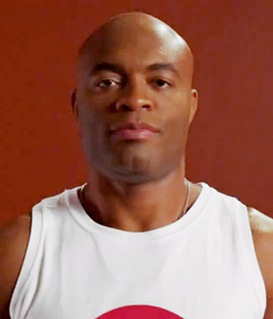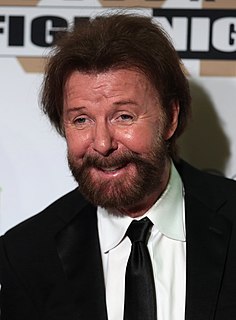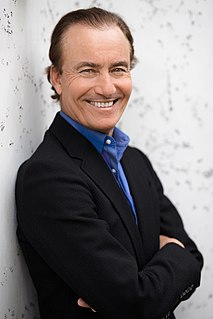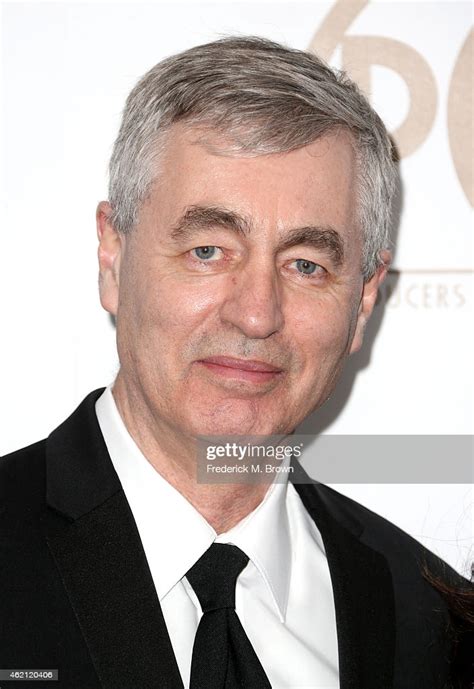A Quote by Remi Aubuchon
Suddenly, I realized how tough trying to structure a story like this is. It was a lot of work. The one big advantage that we had was that we had eight scripts written before we started shooting, or even started casting. We had a really good opportunity to look at it and figure out where we were going to go and how to do it. Once we got a cast, which I love, then we started doing some revisions to make sure that they fit into it.
Related Quotes
I just started trying to figure out how to write [something] which was unlike anything anybody had ever seen, and once I felt like I had figured that out I tried to figure out what kind of book I could write that would be unlike anything anybody had ever seen. When I started writing A Million Little Pieces I felt like it was the right story with the style I had been looking for, and I just kept going.
I had a lot of gay friends and even had some congregation members who were gay, and I just wasn't sure where I stood. In my heart, I was like, "How can I condemn these people for their love of one another?" I started looking deeper into the Bible and studying and then I went to a gay-affirming church. It all came together at one point.
I started doing 'figures', then, one day, all of a sudden, I started doing abstraction. And then I started doing both. But it was never really a conscious decision. It was simply a question of desire. In fact, I really prefer making figurative work, but the figure is difficult. So to work around the difficulty I take a break and paint abstractly. Which I really like, by the way, because it allows me to make beautiful paintings.
When I look back, it saddens me to think that I was so hard on myself - when I was younger, I thought I had to look like everyone else, but I learned that beauty comes from how you feel about yourself. Once I started taking care of my mind, body, and soul, I realized that I didn't need to conform to what's "normal" and started to love myself.
I started by doing a little funny story, and then I started going to open mics. I realized I had a lot of work to do - you have to get over the stage fright and get your stage presence up. It took me some time, but I finally feel that I'm at a point where I feel comfortable on stage and giving my point of view.
When I started out, Jiu-Jitsu was really an elite thing in Brazil, and there was some prejudice towards poorer kids, so I had to learn things on my own. Some of my neighbours started doing Jiu-Jitsu, so I started watching it, and then started rolling with them. It wasn’t organized training, but it was better than nothing.
When I started, the scripts weren't as good, and you'd have to have a huge burst of energy to go, "Sheesh, how am I going to? This stuff's no good." So you'd have to improvise something or create something or try to work with the ware and try to figure out, how do you make this visually and orally acceptable, entertaining? Nowadays, the scripts are just so much better, that you don't have to feel that way. You feel like the script's coming to you, you can just relax. You don't have to drive the boat.
I thought, 'Okay, what's going to be my edge, and how am I going to define what I'm doing differently?' Once I had that key idea of the software developer as an artist, once I had that idea, a whole bunch of other ideas flowed from that, because I realized that I need to go study the music industry, I need to study the book publishing and Hollywood and figure out how they do things, why they do them that way, and then I need to borrow, and rearrange, the things that they're doing to fit my industry so that I can invent and create this new industry.
For most of my films, I've had to go out and start shooting before I could get the rest of the funding. That was the case with 'Hoop Dreams,' 'Stevie' and 'The Interrupters:' We started them quietly out of Kartemquin Films, only really going to funders once we had something to show and a firm idea of what the film might be.
